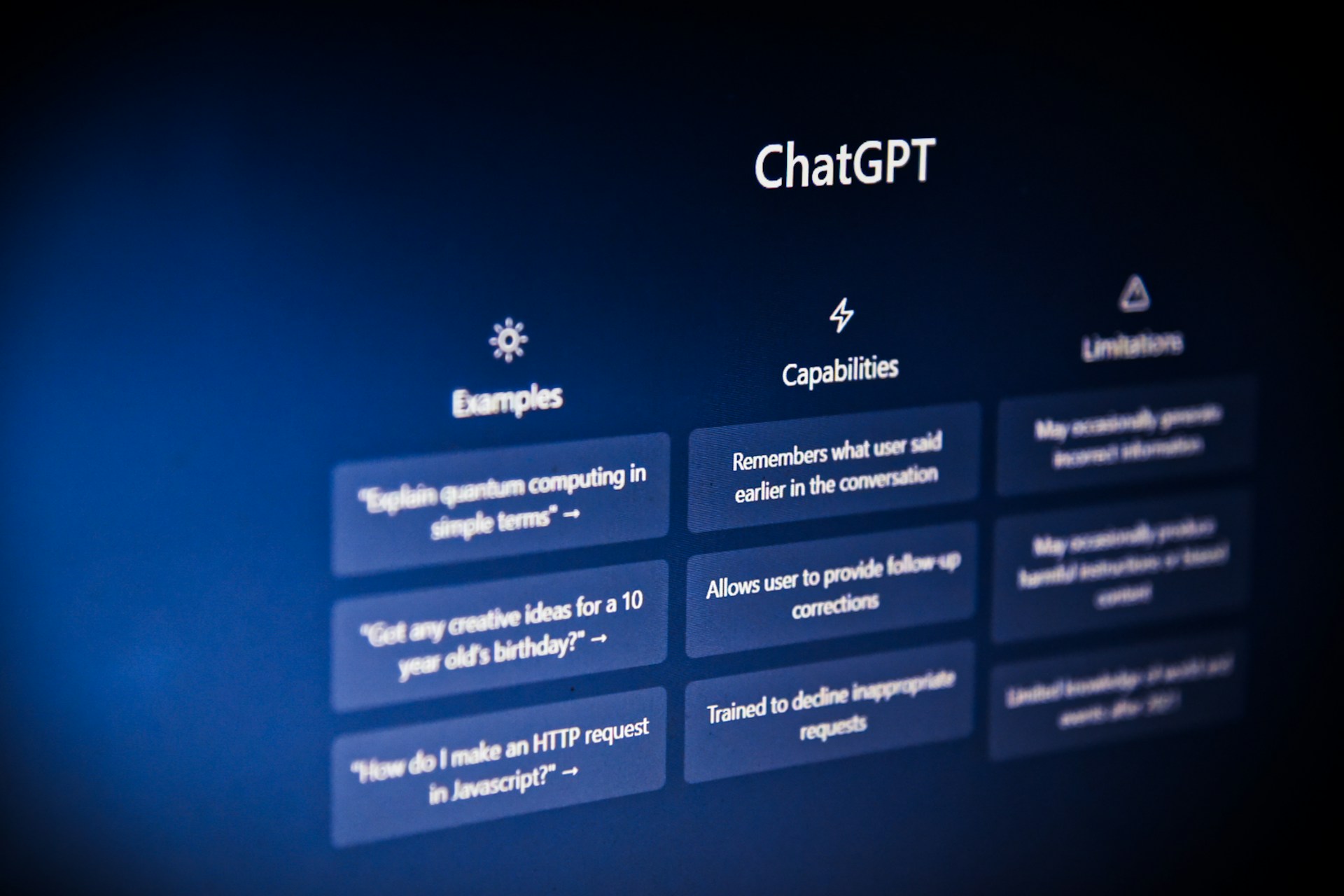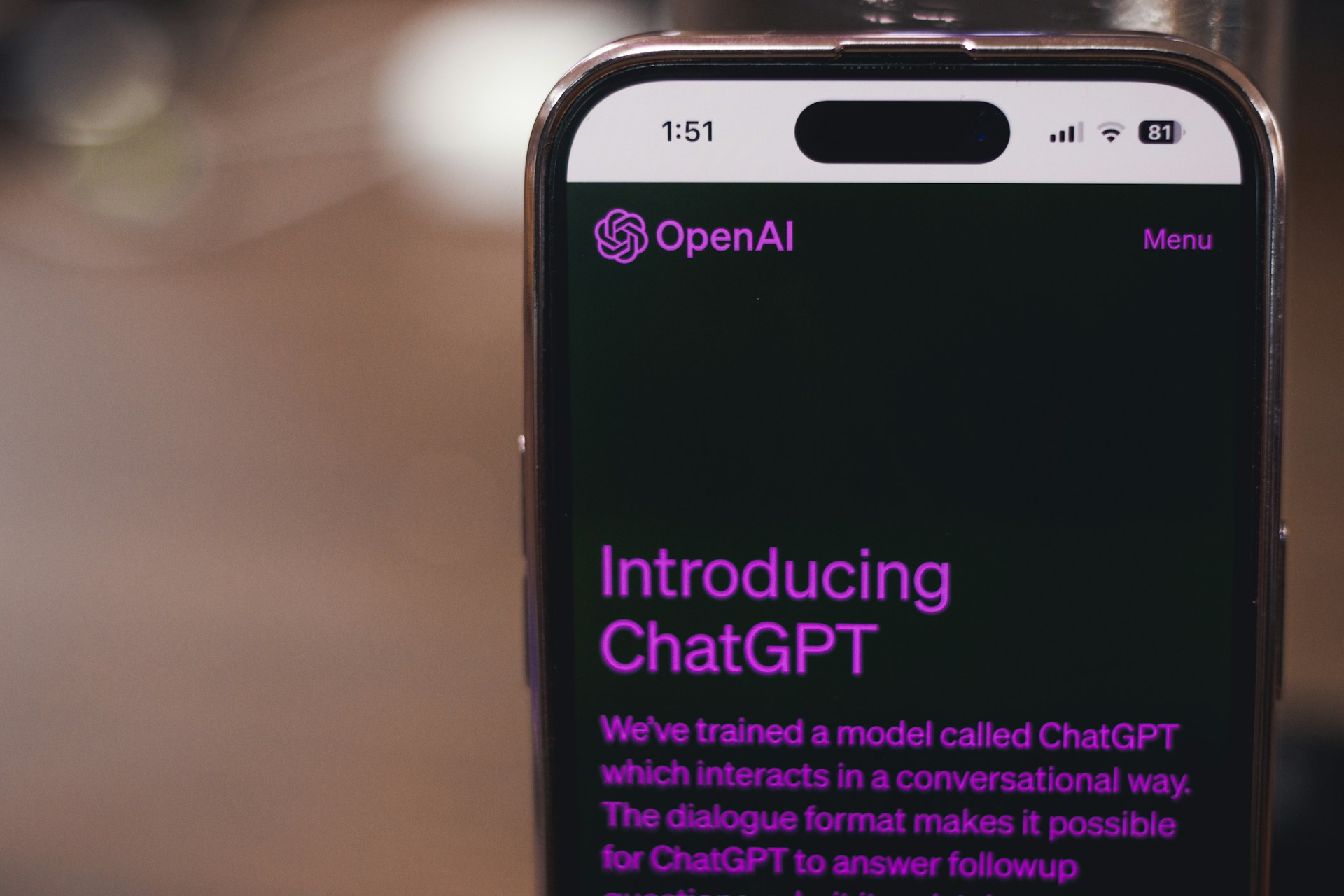Today I came across an interesting article by Dan Hockenmaier. Dan is a professional in analytics and a writer of many insightful articles on Online Marketplace theory. You can find a couple of his articles in my knowledge base.
Today, he wrote an essay about the death of software. Here is the link. Since it's a Google Doc, I will copy the original content here as well, but please check the original link in case something has changed.
Original content
To understand how software will change, we can benefit from studying how technology has changed other industries. History tends to rhyme, if you listen.
Before the internet, media behaved very differently—it was expensive to create. You had to pay people to make content, edit it, and distribute it. Because content was expensive to create, it had to make money. And consumers paid—newspapers, magazines, books, cable, and pay per view. Warren Buffett famously loved newspapers—and who wouldn’t love a predictable subscription business with local monopolistic dynamics?
When the internet happened, media companies viewed it as a way to reach broader audiences and reduce their distribution costs. But what no one saw coming was that the internet not only reduced distribution costs to zero, but it also drove the cost of creating content to zero. User generated content flourished, and when content doesn’t cost anything to create, it no longer has to make money. How does content behave when it no longer has to make money? The relaxation of this economic constraint led to a Cambrian explosion–you can take a picture of a cup of coffee, post it to a million views or none at all and the market clearing price is still met. This produced a deluge of content that none of us could reasonably consume. This necessitated products to direct attention, merchandise this content, and route us effectively–we understand these now as user-generated content platforms.
These platforms completely T-boned media companies. As a media company, you were competing for the same attention of users, but with a strictly higher COGS. The more people you had on your payroll that were creating content, the more exposed you were to being flanked by user-generated content platforms. Structurally, investing in media has been a losing value proposition ever since and value creation has shifted entirely to the platforms that control distribution.
Software is expensive to create. You have to pay people to create it, maintain it, and distribute it. Because software is expensive to create, it has to make money. And we pay for it–software licenses, SaaS, per seat pricing, etc. Software margins have historically been an architectural envy–90+% margins and zero marginal cost of distribution.
Software is expensive because developers are expensive. They are skilled translators–they translate human language into computer language and vice-versa. LLMs have proven themselves to be remarkably efficient at this and will drive the cost of creating software to zero. What happens when software no longer has to make money? We will experience a Cambrian explosion of software, the same way we did with content.
Vogue wasn’t replaced by another fashion media company, it was replaced by 10,000 influencers. Salesforce will not be replaced by another monolithic CRM. It will be replaced by a constellation of things that dynamically serve the same intent and pain points. Software companies will be replaced the same way media companies were, giving rise to a new set of platforms that control distribution.
SaaS, ARR, magic numbers–these are all shorthand to understand the old model of business building in software, one where the expense associated with creating software was a moat. The invisible hand has been stayed in software for a long time, but LLMs will usher in its swift, familiar corrective force. Majoring in computer science today will be like majoring in journalism in the late 90’s.
My 🔥 take on this (briefly):
I could write an entire essay on this, adding more examples and explanations, but here is my quick take. I’m not sure about the end of software, but I am pretty sure about changes in the software industry.
Let me explain:
NVIDIA's CEO mentioned in one of his presentations that AI will soon enable everyone to develop indie programs by translating natural language into code. There are already some initiatives and startups in this field, but it’s still immature.
If that happens, literally everyone will be able to create lightweight programs to solve small or relatively small problems, while API integrations will allow those programs to be compatible with each other. Even today, with a little coding knowledge and the support of co-pilot, you can create a simple Chrome extension on your own. Try it.
The above statement does not mean that existing software companies will die. They might face bigger competition and need to change their pricing approach, etc. They won’t necessarily die; they’ll need to adapt to the new era. Also, a software company is not only about software and code. It is about customer support, brand, network effects, and data privacy that create a holistic experience and perspective for a software company.
The analogy between media and software is relevant but not 100% accurate, in my opinion, because software is a broader industry than media. The difference between consumer and enterprise software is super accurate, though. I created my own application, but I can’t utilize it in the company I currently work (efood) due to corporate restrictions.
Surely, AI is a fundamental evolution that will shake and disrupt many industries, but we are still in the midst of this process and cannot predict exactly how AI will evolve in the next year (ChatGPT 3.5 is less than two years old 🤯).
Relevant posts:
![[Notes] PM Habits Seminar: Get Shit Done by Shreyas Doshi](https://images.unsplash.com/photo-1517842645767-c639042777db?ixlib=rb-4.0.3&q=90&fm=jpg&crop=entropy&cs=srgb&w=1920)
![[Review]](https://images.unsplash.com/photo-1633613286991-611fe299c4be?ixlib=rb-4.0.3&q=90&fm=jpg&crop=entropy&cs=srgb&w=1920)
![[Hot take] End of Software?](https://images.unsplash.com/photo-1495055154266-57bbdeada43e?ixlib=rb-4.0.3&q=90&fm=jpg&crop=entropy&cs=srgb&w=3840)




![[Hot take] End of Software?](https://images.unsplash.com/photo-1495055154266-57bbdeada43e?ixlib=rb-4.0.3&q=90&fm=jpg&crop=entropy&cs=srgb&w=1920)










